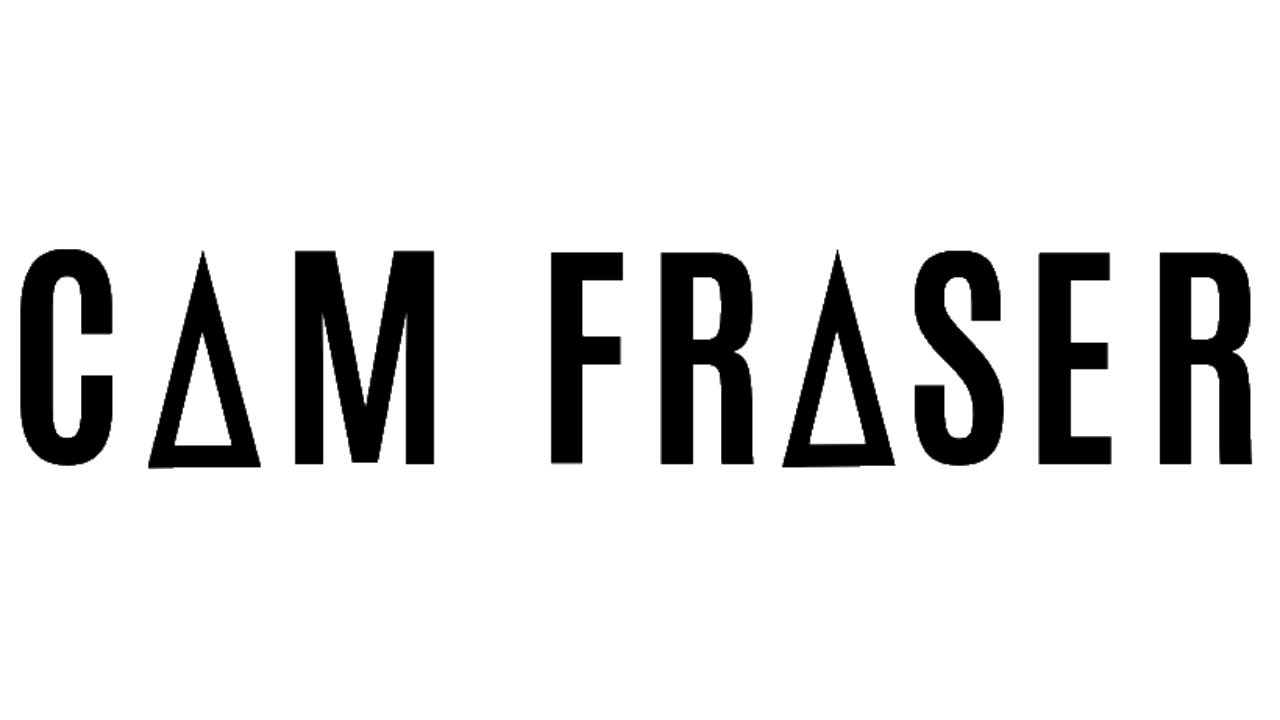You may have noticed I don't post much about my son. Why? Well, let's talk about "sharenting."
Antivirus software developer AVG’s 2010 Digital Diaries campaign, “Digital Birth,” found that on average infants acquire a digital identity by the age of 6-months-old and 23% of children have had their pre-birth scans uploaded to the Internet by their parent – having a digital footprint even before birth.
According to a 2016 study by internet company Nominet, the average parent shares almost 1,500 images of their child online before their 5th birthday.
This sharing of child-centric content by parents online is called “sharenting."

Founder/executive editor of Motherwell magazine Lauren Apfel says parents should share photos of their children online. Bartholomew et al. (2012) found that it consolidates relationships and helps builds community.
However, postdoctoral scholar at the University of California, Berkeley, Morgan G. Ames argues that sharing photos of children online violates their privacy.
And so, many parents find themselves in a complex “privacy-openness paradox,” where on one hand "sharenting" is emancipating and enjoyable, and on the other problematic in terms of children’s privacy (Chalklen & Anderson, 2017).
I'm not a privacy or cyber security expert, so I can't really speak to the veracity of stories about "digital kidnapping" (O'Neill, 2015) or secret Facebook groups of mothers who re-post photos of children with disabilities from other Facebook accounts and make fun of them (Parker, 2013)...

However, I am a sex educator and what I do know about is consent. I know that infants cannot consent to having a photo of them posted online and that we should be talking to older children about consent and sharing photos of them.
A notable example is actress Gwyneth Paltrow’s 14-year-old daughter Apple Martin, who publicly complained about a photo her mother had shared online.

Paltrow’s 5 million followers were subsequently divided on the issue and began taking sides (Bailey, 2019).
This story demonstrates some of the tensions which emerge from "sharenting," particularly concerning issues of consent. There is a tension between a child's right to privacy and parent's right to post.
Personally, the decision my fiancée and I have come to regarding sharing photos of our son is that we will endeavour to not show his full face.
Personally - and this may upset some of my colleagues - I think, as sex educators, we should know better than to post full face photos of our children online when they can't consent to it.
This brings me to a brief story I'd like to share...
I was recently added to a group chat on Instagram with several accounts which all appeared to be anonymous. While the chat seemed innocent enough (it was a group of friends talking about sex and sharing my videos among themselves), they had taken a screenshot of an Instagram story I'd just shared of my son.
They'd shared this screenshot in the chat and were making jokes about how I'm going to teach him how to have sex. Thankfully the story was just a photo of my son's little feet and nothing more. This incident is what prompted me to write this particular post.
However, Brosch (2016) found that many parents share either nude or semi-nude photos of their children.

Perhaps I am being cynical, but when I see other sex educators share these types of photos of their children, I worry about where these photos may end up.
Another issue to consider is, what happens if one day a child decides they didn't want something shared about them online?
Currently, no policy offers these children a way to address the conflict created when their parents decide to disclose personal information about them to watchful eyes of the parents' newsfeeds (Steinberg, 2017).
I recognise that this is a complex issue and I have barely scratched at the surface here. I've also shared some personal opinions and decisions that my family have made. I by no means intend to shame anyone for their family's decisions and I am not calling anyone a bad parent.

